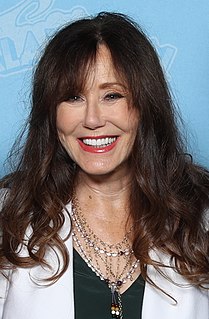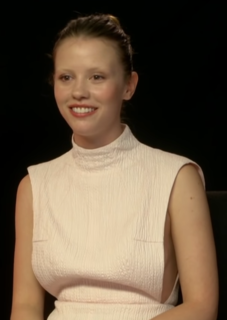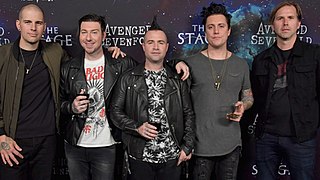A Quote by Ottessa Moshfegh
My short stories are so character-based and they're also so private. They're like a private world in each story and I'm getting more and more interested in allowing myself to investigate the big picture about this country, and about human beings, and about the planet, and about the solar system, and about the nature of the material world in general. And I felt like I needed to move into a bigger form.
Quote Topics
About
Allowing
Also
Based
Beings
Big
Big Picture
Bigger
Character
Country
Each
Felt
Form
General
Getting
Human
Human Being
Human Beings
Interested
Investigate
Like
Material
Material World
More
More And More
Move
Myself
Nature
Needed
Picture
Planet
Private
Short
Short Stories
Solar
Solar System
Stories
Story
System
World
Related Quotes
I'm educating myself more about world poetry. I know a lot about contemporary American poetry, so I felt I needed to learn more about figures like Borges, Akhmatova, Neruda, etc. I felt I needed a bigger lens to see poetry through. It really helps to see poetry as a world language, and not just something American.
The media loves to spend a lot of time talking about itself and do a lot of navel-gazing, which the general public isn't quite that interested in. They aren't really particularly concerned with whether our feelings are hurt or the things that we complain about. They have their own lives and their own jobs that are difficult as well. I think where the media has gotten itself in trouble is the sense that they're much more interested in things like parsing words and getting into fights about little minutia, as opposed to stepping back and seeing what the big picture is.
I've always loved short stories. Even before I was a writer I was reading short stories - there were certain writers where I just felt like they could do in a short story what so many writers needed a whole novel to do, and that was really inspiring to me. Alice Munro, I felt that way about from an early time. Grace Paley.
I think that most of us, anyway, read these stories that we know are not "true" because we're hungry for another kind of truth: the mythic truth about human nature in general, the particular truth about those life-communities that define our own identity, and the most specific truth of all: our own self-story. Fiction, because it is not about someone who lived in the real world, always has the possibility of being about oneself. --From the Introduction
I just would like to say that over more than a quarter-century as a scientist and a believer, I find absolutely nothing in conflict between agreeing with Richard [Dawkins] in practically all of his conclusions about the natural world, and also saying that I am still able to accept and embrace the possibility that there are answers that science isn't able to provide about the natural world - the questions about why instead of the questions about how. I'm interested in the whys.
I don't know if that's the best story for BoJack, long-term. I do love the world, and I love playing around in it and it feels like an elastic enough world that, any story I want to tell, I can tell about these characters in this world. I can talk about parents and children, husbands and wives, the troops, or Hollywood. It does feel like an endless playground at this point, it would be a shame if we cut it off early for fear of repeating the same things over and over again. But I am looking to move the story and character somewhat.







































